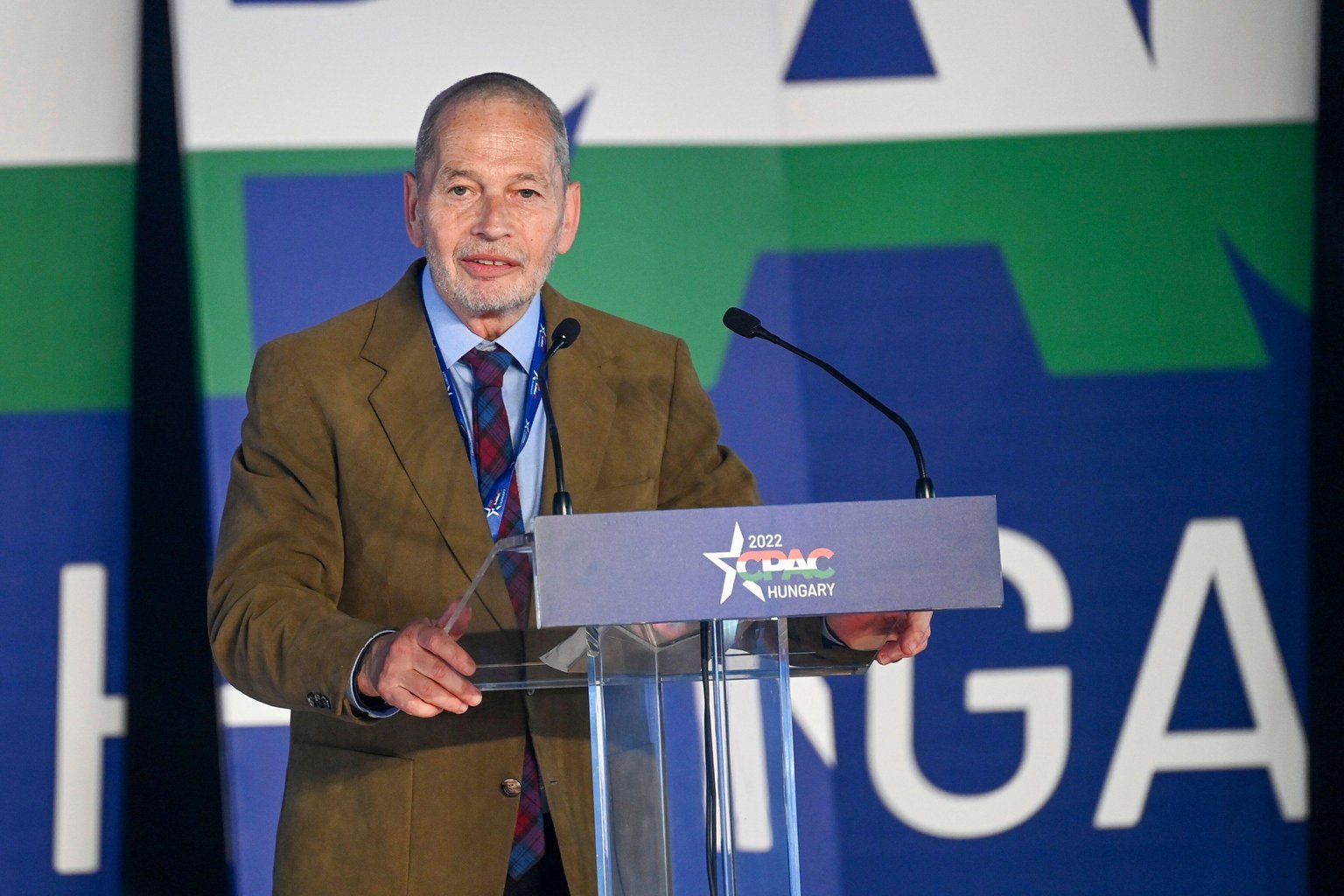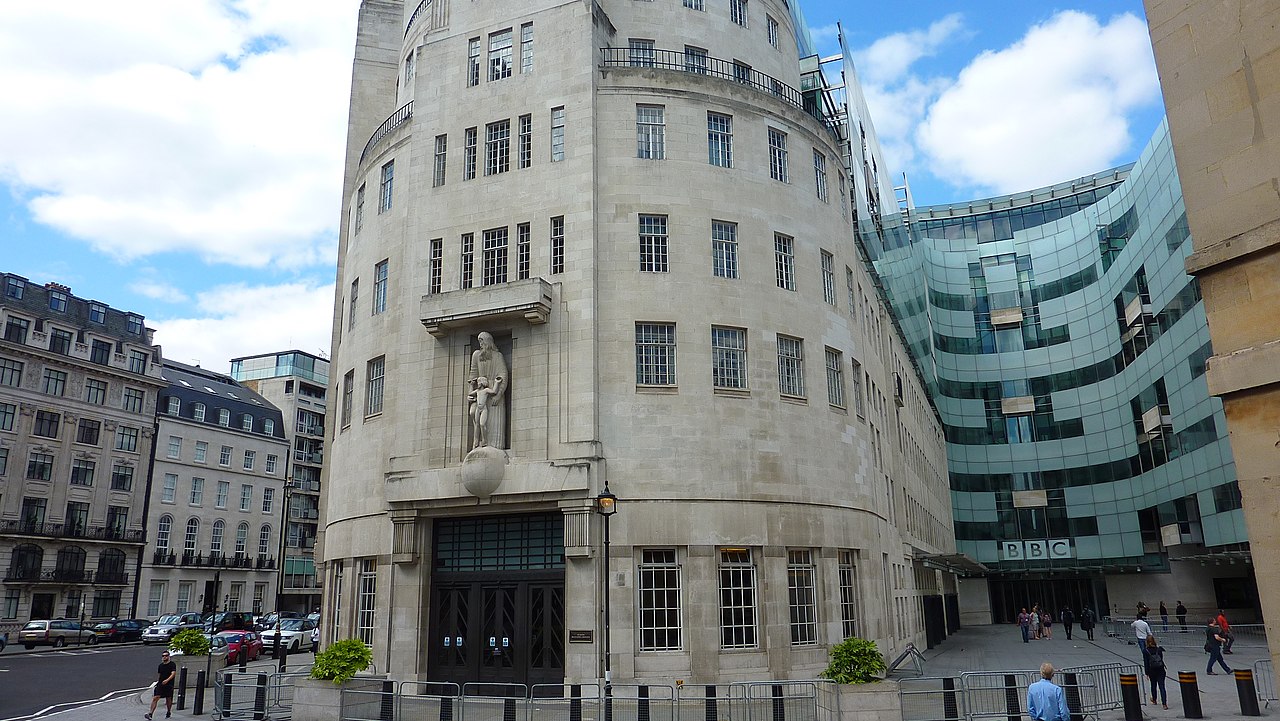Mark Thomas led an inspired campaign against the UK government’s restrictions on the right to protest. He says good riddance
…And so farewell then to the anti-protest laws, repealed with a musty splutter from Jack Straw in Parliament last week. These laws were hastily brought in an attempt to evict Brian Haw, the peace protestor in Parliament Square, from his vigil. At the time, David Blunkett (then Home Secretary) admitted: “It might be a sledgehammer to crack a nut but he is a nut.” Perhaps inevitably, a law introduced to clear one man from Parliament Square proved to be narrow-minded, ill conceived and in the end unworkable.
The law said that anyone who wanted to demonstrate in Parliament Square, and a designated zone around it, would have to get prior permission from the police, six days in advance. For larger demonstrations, organisers such as Stop the War were well used to talking to the police and the law did little to affect them. Where the law really entered a Kafkaesque landscape of its own was in the smaller demos. One person with a small banner was deemed to be a demo and had to get permission. However, the police had an arbitrary power to define what was a demo. So a friend of mine was threatened with arrest for having cakes with slogans iced upon them – the word “Peace” in fact – at a picnic in the square. This was, the police insisted, an illegal demo. The instances of bizarre bureaucracy kept piling up alongside the infringement of the right to demonstrate. So, on one hand, I had to get permission to stand holding a placard saying “Support the Poppy Appeal” – as this was a political demo. On the other hand, Maya Evans was famously arrested for reading out the names of the Iraqi and British war dead at the Cenotaph: she was charged under the Serious Organised Crime and Police Act and found guilty of demonstrating without permission.
So arbitrary were the police definitions that a man dressed as Charlie Chaplin standing by the gates of Downing Street with a sign saying “Not Aloud” was arrested and found guilty of demonstrating without a licence. However, Gordon Brown and Ken Livingstone were able to hold a rally to unveil Nelson Mandela’s statue, make political speeches and lionise Nelson Mandela’s role in the armed struggle without anyone getting permission. When lawyers acting on my behalf wrote to the police and the Crown Prosecution Service, asking for Brown to be investigated for taking part in an unauthorised demonstration, the police refused to investigate or even comment on this particular issue.
The law extended over a large area. From the top of Whitehall down to Lambeth Bridge, from the south bank of the Thames and Jubilee Gardens over to the Mall and the Channel 4 building in Horseferry Road, anyone in that area, standing still with a badge or a banner or a cake with a message on it was breaking the law. A law this stupid was asking to be mucked about with – and it duly was.
In an effort to get the police to recognise the stupidity of the law and show how unworkable it was, I organised Mass Lone Demos, where lots of individuals apply for permission to demonstrate at the same time. They were held every Wednesday in Parliament Square and saw some people demonstrating to put Blair in the dock for war crimes and others demanding bigger shoes sizes for girls. It seemed the demos there covered every base, “Daniel Radcliffe is the sexiest man alive” proclaimed one banner and “Ban Everything” said another.
All of this culminated for me with three events. The first was when I did 20 demos around the area in one day, thus becoming the Guinness Book of Records World Record holder for most demos, it’s in this year’s edition too! The second was organising a huge Mass Lone Demo where over 300 people demonstrated around the designated area, undertaking a massive 2,500 demos in one day, all of which had to be approved and given permission.
The final act was to try and take the police to court for failure to investigate Gordon Brown and a host of MPs for taking part in unauthorised demos. I, and the legal team working on this, believe the police powers to interpret the law are far too arbitrary and that they should simply not be allowed this leave of discretion over what constitutes a demo. In short, the cops had broken the law in their administration of the law or lack of it. This still might be an option. If it is, I shall be writing for Index again, asking for help with the legal fees…
Still, Straw’s announcement is a small victory in the battle to reverse the power of the state and restore it to the citizens. True, ID cards and anti-terror laws represent far more intrusive and repressive measures, but, somehow, the notion that we should ask for permission from the state to complain about the state, was a step too far, and for many SOCPA became totemic. It became a symbol of all that was absurd and hateful about New Labour’s love affair with authoritarianism.
Mind you, it would be nice if Jack Straw could organise a pardon for all those arrested and convicted under this law…
The DVD of Mark Thomas’s SOCPA show is available on www.markthomasinfo.com





